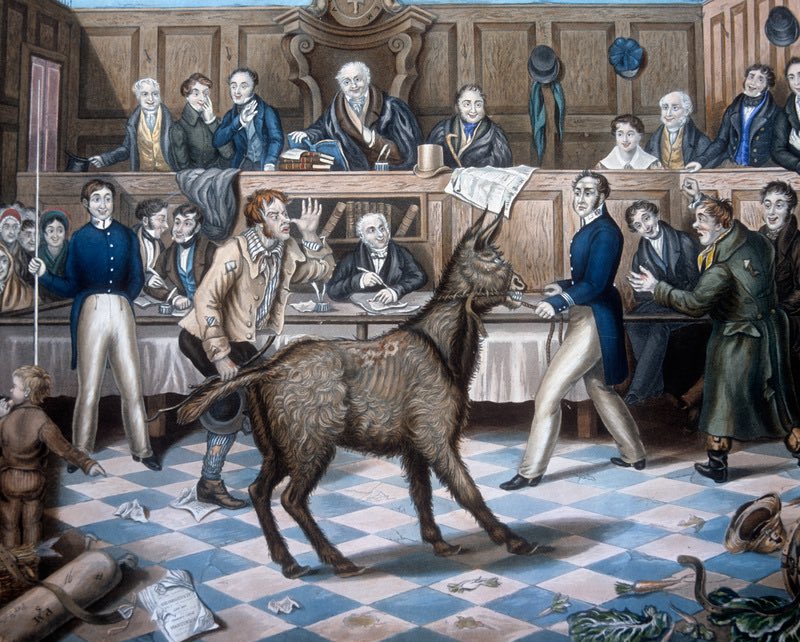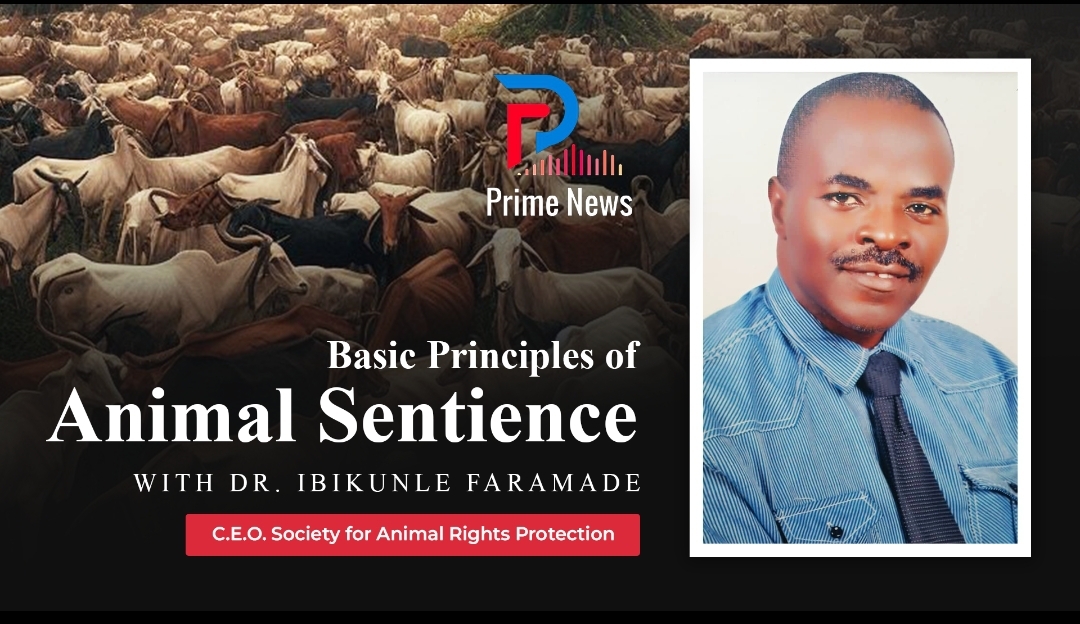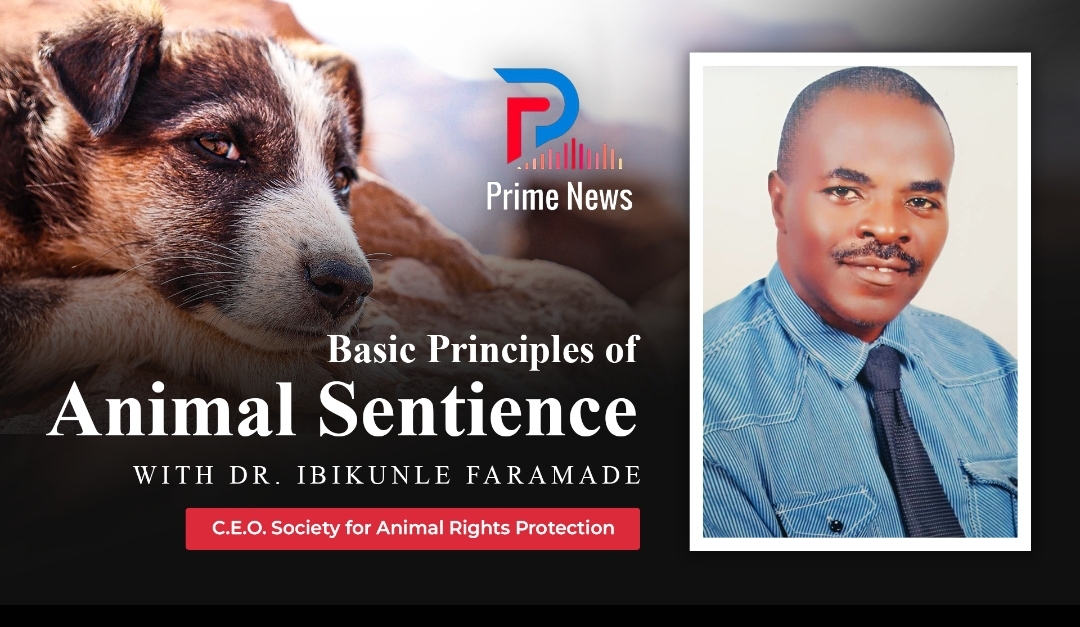 By Dr Ibikunle Faramade
By Dr Ibikunle Faramade
Martin’s Act, which was passed by the British Parliament in 1822 was the first documented legislation on animal welfare globally. It was described as “An Act to prevent the cruel and improper Treatment of Cattle. This Act was sponsored by Richard Martins (1754-1834), a member of the House of Commons from Galway in 1822. He led the pack of like-minded members of parliament who were committed to the improvement of welfare of animals and prevention of animal cruelty.
Their determination led to the formation of the Royal Society for the Prevention of Cruelty to Animals (RSPCA). From this inspiring foundation, many other animal welfare organizations developed across the world drawing inspiration from their successful debut. For example, the Scottish Society for the Prevention of Cruelty of Animals and the American Society for the Prevention of Cruelty to Animals ASPCA were later formed.

One striking fact that helped the Richard Martins group was that the law permitted them to arrest and prosecute offenders. In fact, as far back as 1890s, 71,657 prosecutions were reported to have been carried out by private inspectors recruited by the newly formed RSPCA. They literally patrolled the street of London looking for offenders! This promoted the entrenchment of the new law and eventual shifting of paradigm in favour of promotion of animal welfare and prevention of cruelty.
Today, in order for the advocacy for animal welfare and prevention of cruelty to animals to gain traction, it has to become embraced by multiple stakeholders, especially in the public and private sectors. The role of non-governmental organizations and religious leaders could not be over emphasized in this regard. When the principles of animal welfare has become assimilated by all and sundry, the awareness gap would be effectively bridged and the burden of enforcement is shared by all. This would automatically increase compliance and reduce the challenges of possible unending litigations.
The involvement of the non-formal sectors, especially the market leaders across livestock markets is highly desirable as this could also give necessary impetus to the promotion of animal welfare in Nigeria. Market leaders are known to have significant influence on their members. They ensure orderliness and contribute to maintenance of market decorum. Their strategic involvement in the issue of promotion of animal welfare could produce desirable results especially in relation to heightened awareness of prevention of animal cruelty and attitudinal reorientation of the people.
At the level of secondary schools, the establishment of animal welfare clubs among secondary school students could help to expose them to animal welfare issues from their young age. The phrase “catch them young” succinctly describe this.
The mass media, especially, radio and television could also play a crucial role by broadcasting relevant short messages, interludes and jingles with focus on animal welfare as part of their corporate social responsibilities.
In conclusion, multi-stake holder’s engagement in the promotion of animal welfare and prevention of animal cruelty would promote participation of all and sundry thereby domesticating the concept effectively in Nigeria.
Dr. Ibikunle Faramade is a veterinary pathologist, sustainable development practitioner, animal welfare advocate and a lecturer at the Federal College of Animal Health & Production Technology, Apata. Ibadan. He’s the C.E.O of the Society for Animal Rights Protection, a non-profit and a non-governmental organization dedicated to the promotion of animal welfare, animal rights and prevention of cruelty to animals. animalrightsprotection2020@gmail.com , +2348028305284


